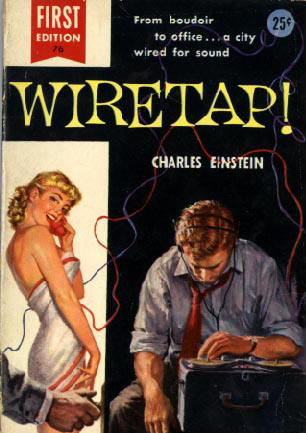
Mercury News
When a federal judge in San Francisco considers a government request Friday to dismiss a wiretapping lawsuit against AT&T, he will step into an acrimonious national debate over the power of courts to check the alleged excesses of the Bush administration's anti-terrorism programs.
While the class-action lawsuit is against AT&T, the government has intervened to invoke a military and state secrets privilege, in which it contends that the matters involved are too sensitive and vital to national security to be made public.
The state secrets privilege has been in place for more than 50 years, but recently has risen to prominence in a series of cases that have provoked harsh criticism of the administration for overstepping its bounds.
``Essentially, the government is asserting it can unilaterally disregard the laws written by Congress, and there is nothing the judiciary can do about it because it is too secret for the judiciary to consider,'' said Kurt Opsahl, a lawyer with the Electronic Frontier Foundation.
The Bush administration asserts that because the nation is at war against terrorism, the president has the constitutional authority as commander in chief to override a citizen's right to have his or her day in court.
Others say the government's argument is a stretch.
``It's the claimed authority the government has advanced to engage in warrantless surveillance of citizens of the United States, much more than the invocation of the state secrets privilege, that is much more expansive and, to my mind, extremely alarming,'' said Allen S. Weiner, Stanford University law professor and former attorney in the U.S. State Department.
``One can't simply say `Article II,' therefore there's nothing for courts to do,'' said Weiner. ``That's ultimately a legal question the courts are competent to decide.''
``The administration has been using the state secrets privilege more broadly than any administration in history,'' said Jonathan Turley, George Washington University Law School expert on national security law. ``It's pretty clear they do not want the legality of these programs reviewed,'' Turley said.- more -

No comments:
Post a Comment